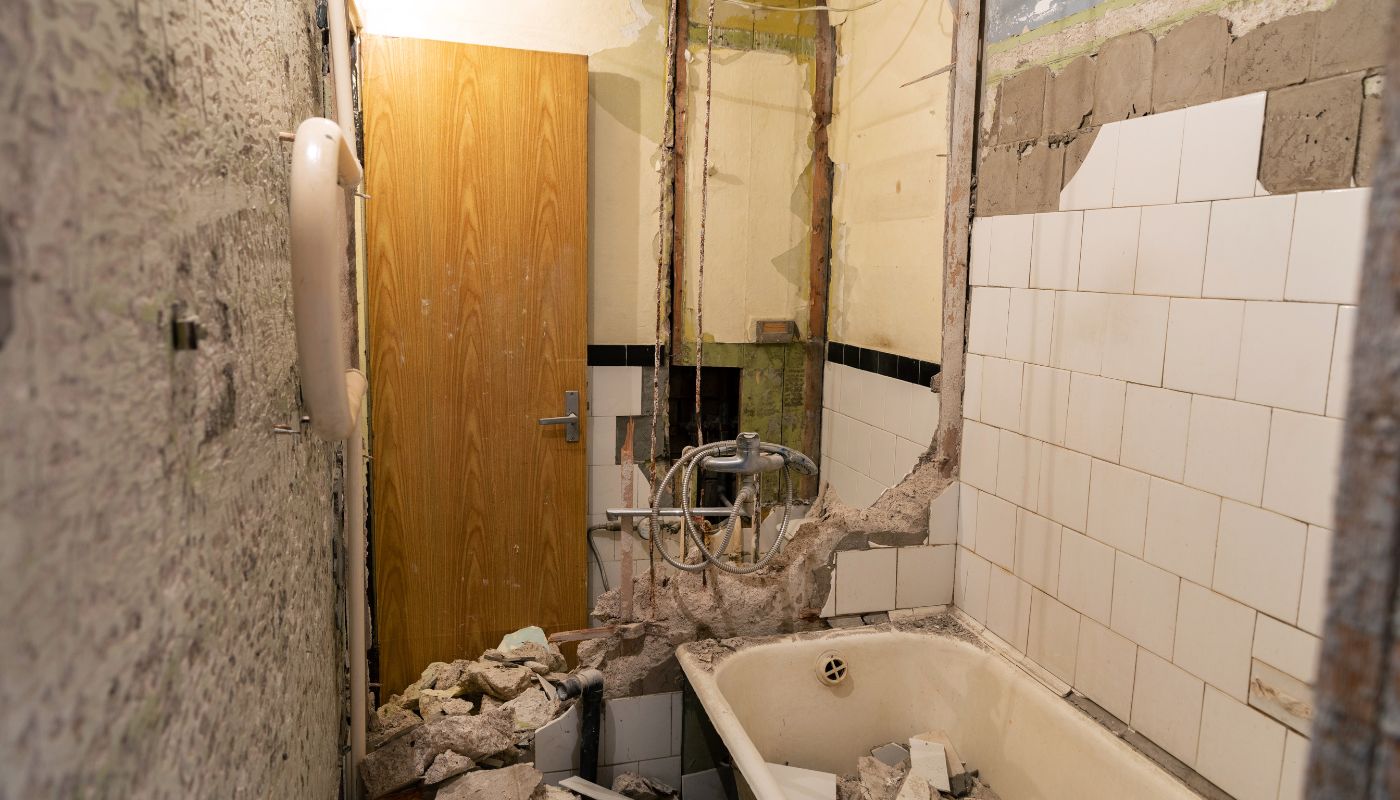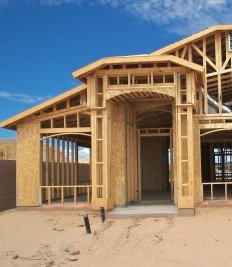Renovating a Bathroom: DIY vs Hiring a Professional
 The bathroom is one of the most important and frequently used spaces in a home. Over time, it may start to show signs of wear and tear or become outdated. If you’re considering renovating your bathroom, one of the first decisions you’ll face is whether to tackle the project yourself or hire a professional. Both options have their pros and cons, and it’s essential to weigh them carefully before deciding.
The bathroom is one of the most important and frequently used spaces in a home. Over time, it may start to show signs of wear and tear or become outdated. If you’re considering renovating your bathroom, one of the first decisions you’ll face is whether to tackle the project yourself or hire a professional. Both options have their pros and cons, and it’s essential to weigh them carefully before deciding.
DIY Renovation:
One of the most significant advantages of a DIY bathroom renovation is the potential cost savings. By doing the work yourself, you eliminate the labor costs associated with hiring a professional. You have control over the materials and can find budget-friendly options to stay within your desired price range.
Taking on a DIY bathroom renovation also gives you complete control over the project. You can choose the design, materials, and timeline that suit your preferences and schedule. This level of flexibility allows you to customize your bathroom to your exact specifications.
Completing a DIY bathroom renovation can be a rewarding experience. Seeing the transformation unfold before your eyes and knowing that you accomplished it on your own can provide a great sense of pride and satisfaction. It can also be a learning opportunity, as you’ll gain new skills and knowledge throughout the process.
Hiring a Professional:
Professional bathroom renovators bring a wealth of knowledge and experience to the table. They are well-versed in all aspects of bathroom renovations, from design to construction. Their expertise ensures that the project is executed efficiently and to a high standard, resulting in a beautiful and functional bathroom.
Hiring a professional allows you to save time and effort. They have a team of skilled workers who can complete the renovation quickly and efficiently. Professionals also have access to specialized tools and equipment that can streamline the process and deliver excellent results. Professional bathroom renovators take pride in their work and strive to deliver exceptional quality.
The decision between a DIY bathroom renovation and hiring a professional depends on your skills, budget, and personal preferences. DIY projects can be cost-effective and rewarding, but they require time, effort, and a certain level of expertise. Hiring a professional ensures expertise, efficiency, and high-quality results but comes with a higher cost and limited control. Whichever option you choose, thorough planning, research, and realistic expectations are essential for a successful bathroom renovation.

 Many millennials find home buying overwhelming due to a variety of factors such as high housing prices, student loan debt, competition from investors, economic uncertainty, and a lack of knowledge about the home-buying process. These challenges can make it difficult for millennials to save enough money for a down payment, find a suitable property, and navigate the complex process of buying a home.
Many millennials find home buying overwhelming due to a variety of factors such as high housing prices, student loan debt, competition from investors, economic uncertainty, and a lack of knowledge about the home-buying process. These challenges can make it difficult for millennials to save enough money for a down payment, find a suitable property, and navigate the complex process of buying a home. Are you planning on using a mortgage to help cover the cost of a new home? If so, you will want to prepare your finances and figure out how you will manage all those wallet-draining monthly expenses. Let’s take a look at how to run a quick financial health check to ensure you are ready to apply for a mortgage.
Are you planning on using a mortgage to help cover the cost of a new home? If so, you will want to prepare your finances and figure out how you will manage all those wallet-draining monthly expenses. Let’s take a look at how to run a quick financial health check to ensure you are ready to apply for a mortgage. Today, the housing market is more competitive than it has ever been in the past. You may have your eyes on your dream home, but how can you make it stand out from the crowd? There are a few tips that you should keep in mind. What are a few things you should do, and what are a few things you should avoid?
Today, the housing market is more competitive than it has ever been in the past. You may have your eyes on your dream home, but how can you make it stand out from the crowd? There are a few tips that you should keep in mind. What are a few things you should do, and what are a few things you should avoid? The National Association of Home Builders’ Housing Market Index for November showed builders’ growing concerns over U.S. housing market conditions. November’s index reading dropped five points to 33 as compared to October’s reading of 38 and the November 2021 reading of 83. November’s home builder index reading was the lowest reading since June 2012 except during the pandemic. Readings over 50 indicate that most home builders were positive about housing market conditions.
The National Association of Home Builders’ Housing Market Index for November showed builders’ growing concerns over U.S. housing market conditions. November’s index reading dropped five points to 33 as compared to October’s reading of 38 and the November 2021 reading of 83. November’s home builder index reading was the lowest reading since June 2012 except during the pandemic. Readings over 50 indicate that most home builders were positive about housing market conditions.